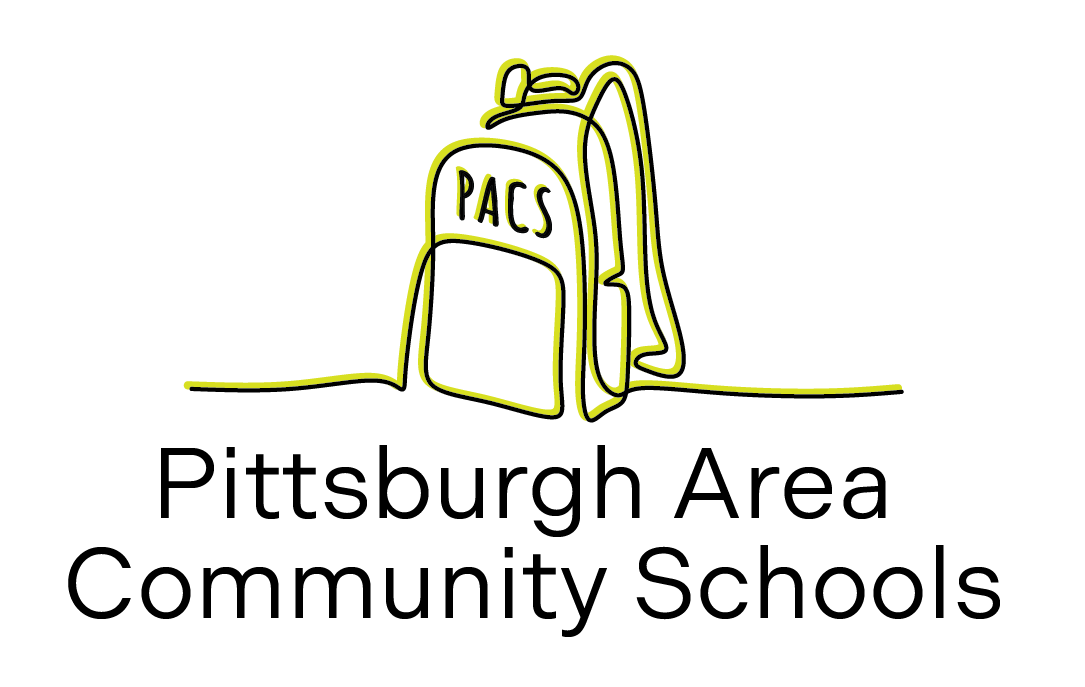Our Trauma Informed Strategy
Every day, PACS interacts with many individuals who have experienced trauma. It's clear that the students we serve have faced difficult situations, resulting in ongoing stress and challenges. Sadly, society often overlooks the presence of trauma in our communities. At PACS, we're dedicated to understanding the experiences of our students, their families, and our educational leaders on a deeper level. To help us achieve this goal, we embrace trauma-informed practices throughout all our interactions with students and families.
Our approach is grounded in an understanding of trauma theory. Traumatic experiences vary widely, including both specific events and ongoing challenges like racism and poverty. Essentially, trauma happens when someone doesn't have enough internal resources to deal with outside pressures. Many of the behaviors we see in students are ways they've learned to cope with tough situations. What may seem like negative behaviors are often just survival tactics that aren't working as intended. Despite their struggles, people who've experienced trauma often show incredible strength. By addressing their trauma, we can help them move past simply surviving and thrive.
Progressing beyond survival skills involves adhering to seven core commitments:
Commitment to Nonviolence: Establishing safety is paramount in addressing the challenges confronting our schools and communities.
Commitment to Emotional Intelligence: Managing our own emotions prevents harm to others or ourselves and enables effective facilitation in challenging situations.
Commitment to Social Learning: Engaging in community-building dialogues necessitates respecting and sharing everyone's perspectives.
Commitment to Democracy: Shared decision-making is essential for fostering strong collaborations and empowering individuals to embrace change.
Commitment to Open Communication: Creating a space for honest expression while maintaining kindness fosters engagement in our collective efforts.
Commitment to Social Responsibility: Achieving our vision requires the contribution of all.
Commitment to Growth & Change: Our dedication to growth and change instills hope and is bolstered by impact measurement and continuous improvement practices.
The SELF framework provides a clear, accessible structure for school, student, and family support planning, as well as community engagement and decision-making. It focuses on crucial elements of trauma recovery:
SAFETY: Addressing all safety concerns—physical, psychological, social, and moral—due to the survival nature of many observed behaviors.
EMOTION MANAGEMENT: Recognizing and managing feelings without causing harm.
LOSS: Acknowledging and processing past losses or traumas while committing to forward progress.
FUTURE: Rebuilding the capacity for choice and embracing new behaviors over old patterns.
For additional information on trauma-informed practices, please visit www.traumainformedcare.org. To learn more about PACS's Trauma-Informed Student Services, please contact Bridget Clement, Executive Director, at bclement@pghareacs.org or 412-361-4945, ext.# 201.

